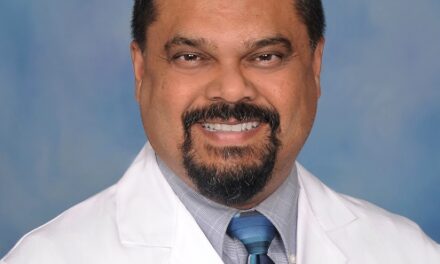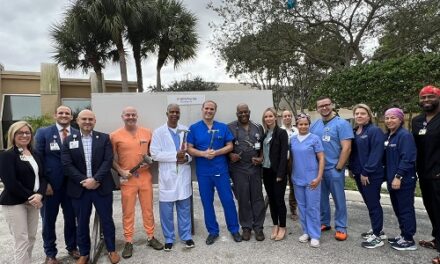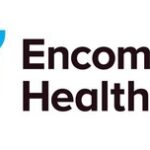 The United Hospital Fund of New York recently completed a study that was reported in The Millbank Quarterly in June 2006 demonstrating that caregivers of patients with chronic conditions “receive inadequate support from healthcare providers.” This study followed family caregivers the majority of whom were women with a mean age of 57 who provided “substantial” amounts of care to their family member with a stroke or brain injury.
The United Hospital Fund of New York recently completed a study that was reported in The Millbank Quarterly in June 2006 demonstrating that caregivers of patients with chronic conditions “receive inadequate support from healthcare providers.” This study followed family caregivers the majority of whom were women with a mean age of 57 who provided “substantial” amounts of care to their family member with a stroke or brain injury.
The family caregivers reported several concerns to the researchers. Typically, family caregivers did not understand how the level of homecare services was determined, who was paying for what, which agencies supplied different kinds of worker and what they should expect from each. Nearly 40% of the caregivers reported that they found out about termination of services, just one day before the end of care and usually from a therapist. There was little use of social work services to help family caregivers transition from funded services to community agencies and private care. Between one third and one half of the caregivers reported being unprepared for the homecare services to end. This resulted in caregivers reporting significant levels of isolation, anxiety and depression.
What this study tells us is that family caregivers, who provide 80% of all of the chronic custodial and skilled care services in the US, are unprepared for this growing role and that professionals need to provide better transition support.
Family caregivers are an important resource in the delivery of healthcare services. Therefore, it is imperative that health professionals, especially physicians whose practices are primarily made up of older adults must become more sensitized to and aware of other resources to support family caregivers. Although the physician is already under time constraints, it is to their benefit to help connect patients with other services in the community. This simple task can help the elder to remain safe and independent for a longer period of time, and therefore reduce expensive crises. It is also imperative to support family caregivers, especially when the caregiver is an aged spouse, or there is a good chance that the spouse will pre-decease the person in need of care. When this happens it often results in the expensive and less desirable institutionalization of the care recipient.
Although the United Hospital Fund study focused on families who were coping with stroke and brain injury, the same conclusions can be drawn for families providing care for someone with Alzheimers disease, Parkinsons, diabetes, multiple sclerosis and a host of other chronic illnesses. In fact, Diane Lade reported in the Sun Sentinel in August 2006 about family caregivers who received diagnoses of a dementing illness and were sent into the community with no guidance or support for how to cope with the degenerative nature of the disease process. The caregiver in Ms. Lades article reported a sense of frustration and fear about how she would cope with the daily challenges of caring for her father. The caregiver who receives a new diagnosis about a loved one is dealing with their own sense of grief, while trying to figure out what to do about this new information.
The American Association of Geriatric Psychiatry has taken the position that health professionals need to take a more active role in helping families to cope with these chronic illnesses. They have recently published a checklist that outlines non-medical, but critical areas that practitioners need to discuss with patients and families. This discussion must also include information about other resources that can provide support for the new roles that the caregiver will be assuming.
Clearly, the physician cannot be the single person to provide education, emotional support and resources to the family. However, physician offices must begin to arm themselves with resource information for community resources, private care managers, respite services, driver evaluation programs, financial and legal advisors and definitions about the different types of care. Caregiver education and emotional support will quickly become a more critical need as the Baby Boom generation begins to address their age related health challenges and the increase of chronic health care needs. It will not longer be acceptable for physicians to work in isolation from the rest of the caregiving team.
Post Views: 903
 The United Hospital Fund of New York recently completed a study that was reported in The Millbank Quarterly in June 2006 demonstrating that caregivers of patients with chronic conditions “receive inadequate support from healthcare providers.” This study followed family caregivers the majority of whom were women with a mean age of 57 who provided “substantial” amounts of care to their family member with a stroke or brain injury.
The United Hospital Fund of New York recently completed a study that was reported in The Millbank Quarterly in June 2006 demonstrating that caregivers of patients with chronic conditions “receive inadequate support from healthcare providers.” This study followed family caregivers the majority of whom were women with a mean age of 57 who provided “substantial” amounts of care to their family member with a stroke or brain injury. 

























